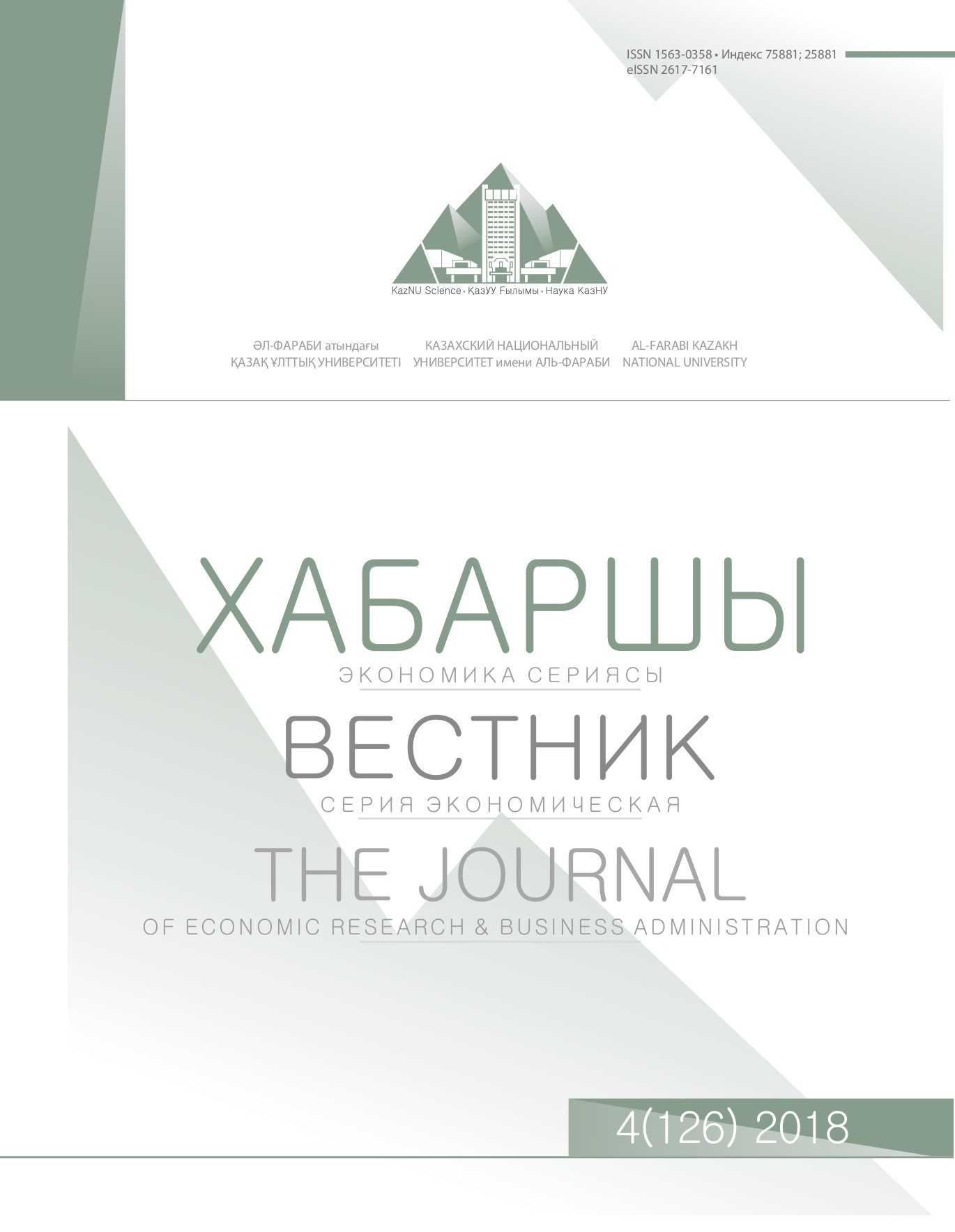РОЛЬ ЗАКЯТА В РЕГУЛИРОВАНИИ СОЦИАЛЬНОГО РАВЕНСТВА
Аннотация
Актуальность данной статьи обусловлена стремительным развитием заинтересованности исламскими финансами отечественных и мировых ученых-экономистов, как альтернативной экономической модели в пост кризисный период в мировой финансовой системе. В статье раскрывается роль и значение закята в налоговой системе исламских государств, в качестве инструмента социальной поддержки мало обеспеченных слоев населения. В исследовании рассматривается механизм взимания закята: объекты, субъекты, налоговая база и методы исчисления. Закят служит одним из инструментов сокращения и устранения бедности и для поддержки других социальных нужд, в процессе развития общества. Закят дает преимущество, как плательщикам, так и обществу. Данная статья будет полезным для исследователей в области исламских финансов, в особенности касательно вопросов закята.
Предмет. Закят как особый налог в исламской налоговой системе, который регулирует социальное неравенство.
Цели. Анализ и обобщение принципов функционирования и механизма взимания закята. Показать роль закята как основного налога в исламской налоговой системе.
Результаты исследования показали, что проблема функционирования закята является одним из актуальных проблем, обсуждаемых учеными-экономистами не только мусульманских стран, но и учеными других стран.
Область применения. Результаты исследования могут быть использованы при внедрении исламского опыта регулирования социального неравенства в налоговую систему других стран. Результаты также могут быть полезны при экономическом сотрудничестве стран исламского мира.













